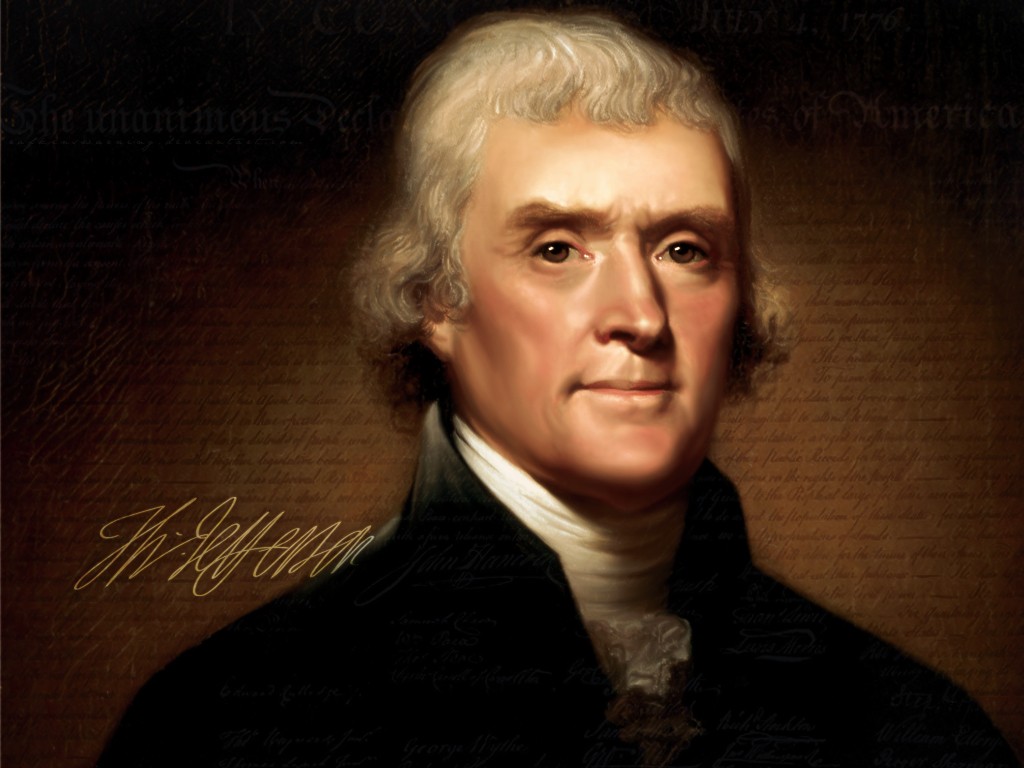“This is my country, land of my birth.
This is my country, land best on earth…”
This Is My Country To Have And To Hold
The Republican Who Can Win
To win the presidency in 2012, the Republican candidate will require certain strengths. Among them, a credible passion for ideas other than cost-cutting and small government. He or she will have to speak in the voice of Americans who know in their bones the extraordinary character of their democracy, and that voice will have to ring out steadily. That Republican candidate will need, no less, the ability to talk about matters like Medicare and Social Security without terrorizing the electorate.
What If Jews Had Followed the Palestinian Path?
It is doubtful that there has ever been a more miserable human refuse than Jewish survivors after World War II. Starving, emaciated, stateless—they were not welcomed back by countries where they had lived for generations as assimilated and educated citizens. Germany was no place to return to and in Kielce, Poland, 40 Jews who survived the Holocaust were killed in a pogrom one year after the war ended. The European Jew, circa 1945, quickly went from victim to international refugee disaster.
Yet within a very brief time, this epic calamity disappeared, so much so that few people today even remember the period. How did this happen in an era when Palestinian refugees have continued to be stateless for generations?
As we go over the cliff, just who is in the driver’s seat?
A few months ago, I asked the question, “How did we get here?”
If you have to ask where “here” is, then you may as well not read this column. But if you, too, believe that “here” is the end of the road for Western civilization, then you may as well read it and weep.
If you have to ask where “here” is, then you may as well not read this column. But if you, too, believe that “here” is the end of the road for Western civilization, then you may as well read it and weep.
I have explored a few possibilities already to explain the collapse of American values and American traditions in the past 50 years (which roughly correspond to my own life span up till now). Most of them seem to be linked to the phony Marxist philosophy of “redistribution of wealth,” whether in the guise of the New Deal, the Great Society, social justice or “the myth of permanent plenty.”
Introducing Herman Cain
‘How many of you think Herman Cain won the debate?”
Twenty hands shot up.
“Well, we can stop right there,” said Frank Luntz, a fast-talking political consultant, as he paced before a Fox News focus group on May 5. “This is unprecedented.”
A Happy, Hopeful Easter To All!
Last night, I lay a-sleeping, there came a dream so fair;
I stood in Old Jerusalem beside the Temple there…
Yes, Violence Can be the Answer
It was the body slam heard around the world. When some Australian schoolboys decided to videotape themselves bullying 15-year old Casey Heynes, one of them got more than he bargained for. Casey, who had been pushed around and humiliated for years, responded to a punch in his face and other attempted blows by hoisting his tormentor WWE style and introducing him to the pavement. The result was a video that went viral in a way the bullies had never imagined and for a reason they certainly had never hoped: Casey has become a hero worldwide.
Thomas Jefferson (1743-1826)
Thomas Jefferson — author of the Declaration of Independence and the Statute of Virginia for Religious Freedom, third president of the United States, and founder of the University of Virginia — voiced the aspirations of a new America as no other individual of his era. As public official, historian, philosopher, and plantation owner, he served his country for over five decades.
His father Peter Jefferson was a successful planter and surveyor and his mother Jane Randolph a member of one of Virginia’s most distinguished families. Having inherited a considerable landed estate from his father, Jefferson began building Monticello when he was twenty-six years old. Three years later, he married Martha Wayles Skelton, with whom he lived happily for ten years until her death. Their marriage produced six children, but only two survived to adulthood. Jefferson, who never remarried, maintained Monticello as his home throughout his life, always expanding and changing the house.
Natan Sharansky (1948- )
Natan Sharansky was born in Ukraine in 1948 and studied mathematics in Moscow. He worked as an English interpreter for the great Soviet physicist and dissident Andrei Sakharov, and himself became a champion of Soviet Jewry and a worker for human rights. Convicted in 1978 on trumped-up charges of treason and spying for the United States, Sharansky was sentenced to 13 years in prison. After years in the Siberian gulag, he was released in a U.S.-Soviet prisoner exchange in 1986 and moved to Israel, where he founded a political party promoting the acculturation of Soviet immigrants.








